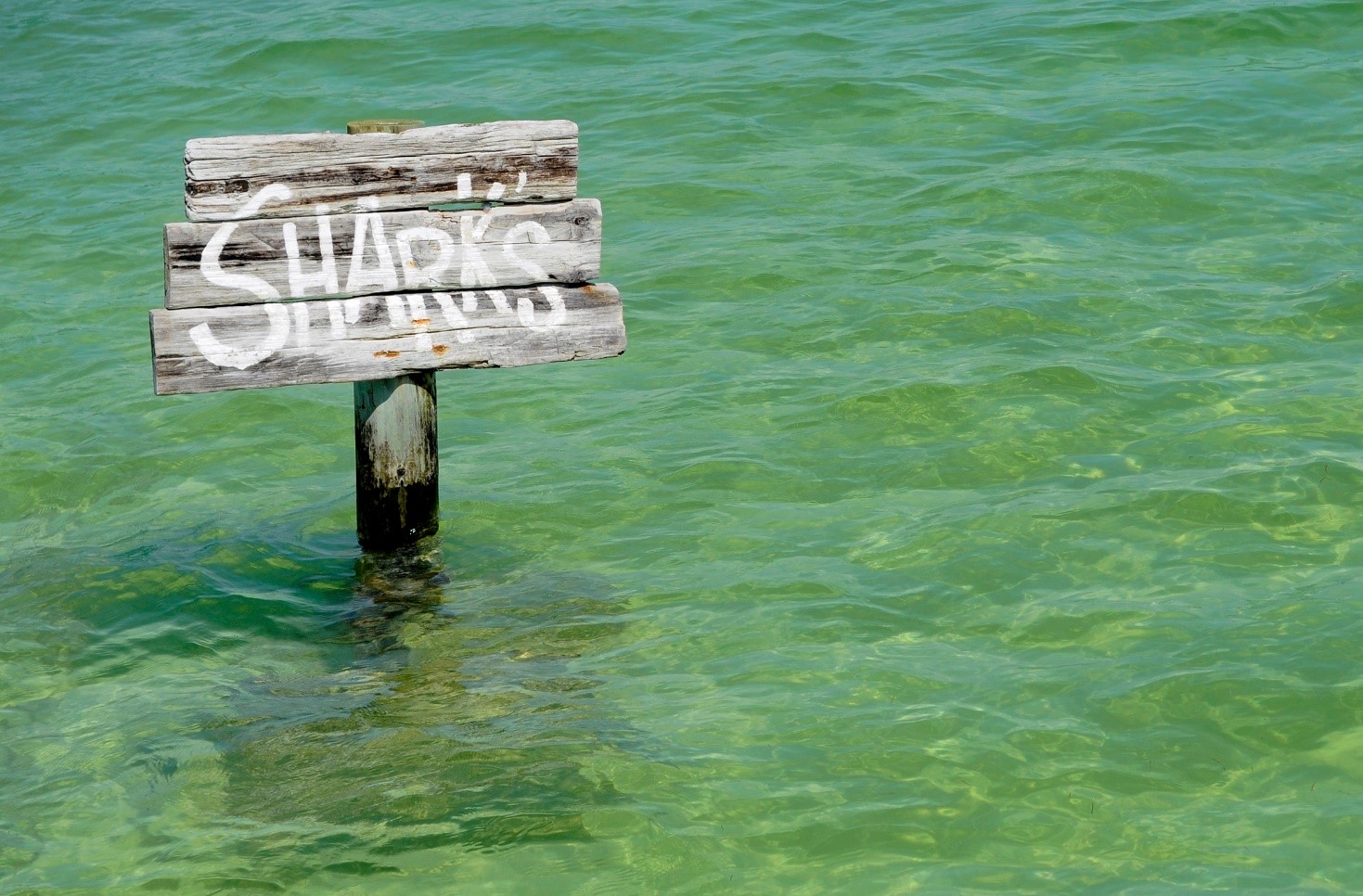Transact Credit Union Corporation is currently reviewing its position in relation to the RBA’s decision on 6 September to increase the Official Cash Rate. We'll make an announcement here as soon as we finalise our decision.
Short-term loans and long-term consequences

It’s still a week to payday. You’ve woken up to water dripping through the ceiling on to your child’s bed. And you don’t have insurance to fix the leak. This is the last straw for your overstretched finances. Do you decide to take advantage of a short-term emergency loan facility?
A short-term loan may seem appealing to combat unplanned financial difficulties. There are ads for various lenders popping up all over the place. We’re led to believe they’ll help us out of a bind. But what is the ultimate price we pay? Are they really the best solution?
Financial comparison website, Finder, has discovered these short-term loans are often used to fund car purchases, prepare for a baby, pay for a holiday, home renovations, or to buy jet skis or snowboards. Unfortunately, these loans, coupled with an over-reliance on credit cards, can negatively affect your credit score. This can lead to borrowing costs being more expensive. Every increase pushes home ownership even further out of reach.
The urgency of emergency funds
Many of us have little in savings to cover an emergency. Life can throw you many curveballs and you don’t want a payday loan to be your only option. A great place to start is to establish a savings plan to build up an emergency fund.
While plan A is to make sure you have an emergency fund, life isn’t always that straight forward. To help the decision-making process, we’ve compiled a few things to consider when contemplating an emergency loan.
Good debt versus bad debt
A good rule of thumb when it comes to borrowing is to think of good versus bad debt. Generally good debt refers to borrowing used to buy an asset or income stream. Using a short-term loan to cover water bills, holidays or big-ticket consumer items is bad debt.
Home ownership delayed
Short-term loans can negatively impact your credit score. When you apply for a home loan, if you do get approved, you may pay considerably more in interest, as a high-risk borrower. If your long-term goal is to own a home, be particularly mindful about opting for short-term personal loans.
Consider other options
The best option is to start now, before the emergency, to work toward building an emergency fund. $3,000 makes a great start to aim for (ideally an emergency fund is equal to approximately three months’ salary). Be mindful of your purchases and budget to not live beyond your income. If you should find yourself in a bind, be aware of other options available. For example, many utility companies offer hardship repayment plans, and no-cost microfinance providers can offer no interest loans schemes.
It’s important to be aware of the impact these loans can have on your overall credit rating. While a loan may fix a problem in the short-term, the impact long-term can be significant.
Remember, whatever the financial issue, we are here to help – get in touch with your local branch or call us on 13 14 22 to see how we can help set you up for financial success.